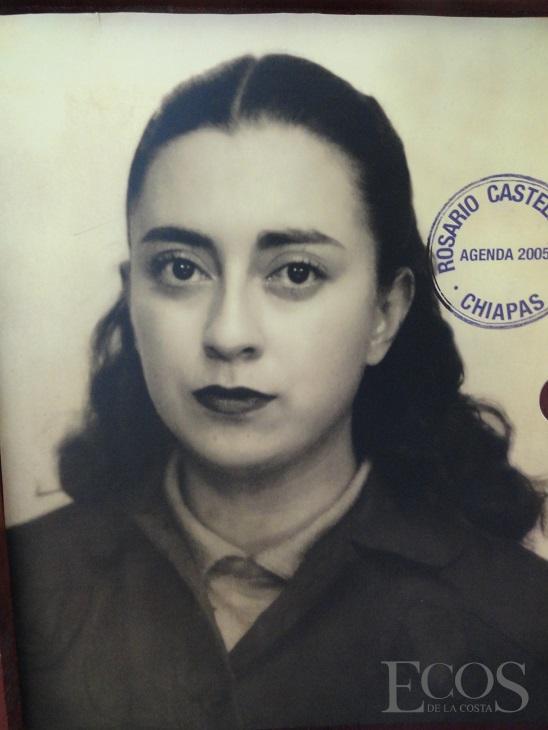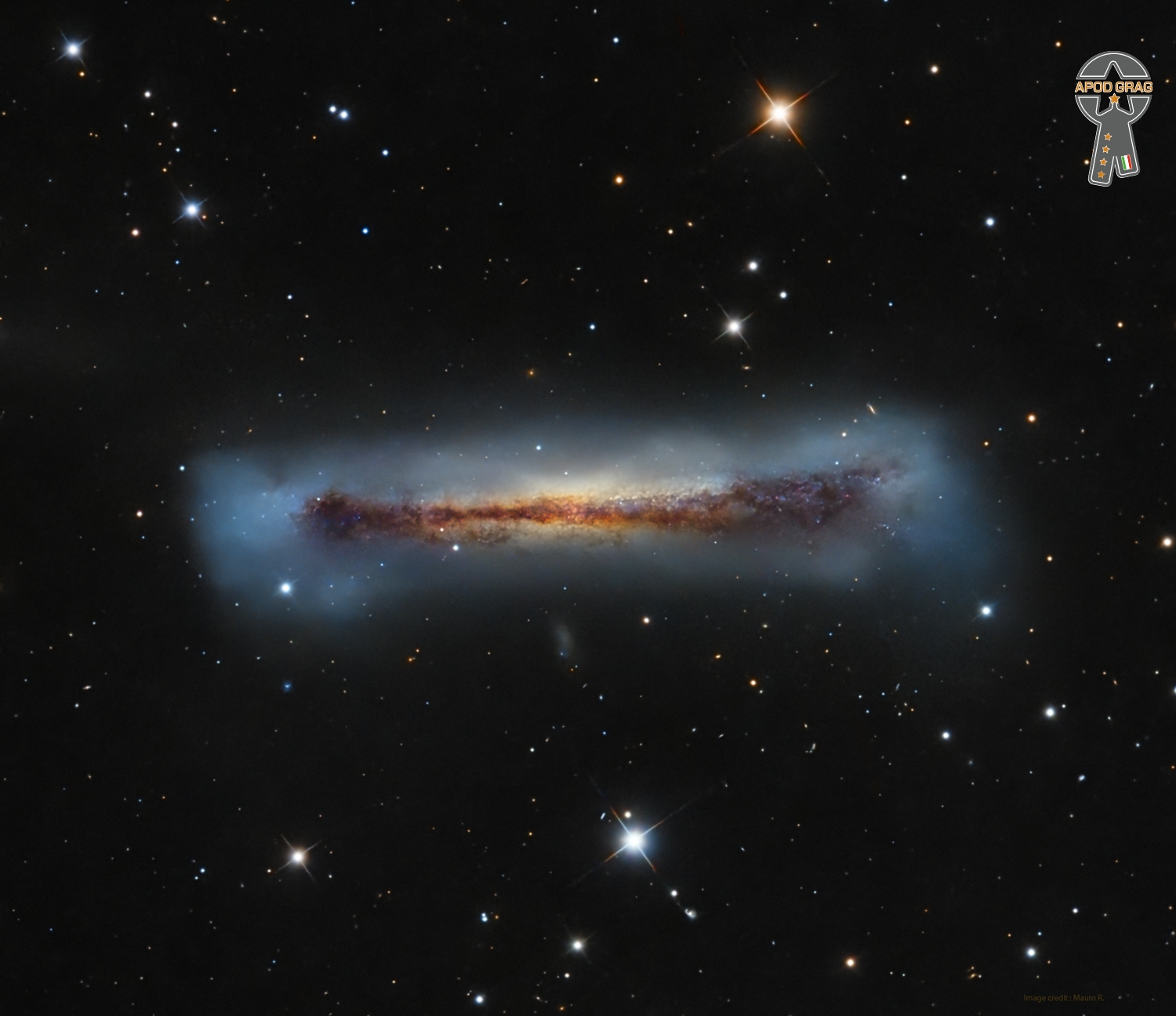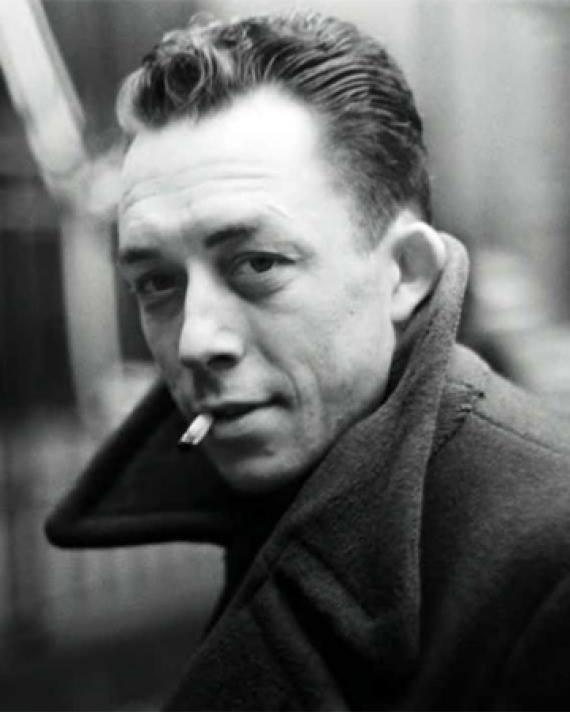Blog




Hall Franklin Overton (February 23, 1920 – November 24, 1972) was an American composer, jazz pianist and music teacher.
He was born in Bangor, Michigan, the first of the three sons of Stanford and Ruth (Barnes) Overton. He grew up in Grand Rapids, Michigan. After taking piano lessons as a youngster, Overton realized he’d have to travel beyond his small Midwestern town to find the kind of music instruction he wanted. His high school music teacher recognized Overton’s gift and recommended he attend The Chicago Musical College after graduation. Overton studied theory and composition there from 1940 to 1942.
more...Dark dust lanes cutting across the middle of this gorgeous island universe strongly hint that NGC 3628 is a spiral galaxy seen sideways. About 35 million light-years away in the northern springtime constellation Leo, NGC 3628 also bears the distinction of being the only member of the well known Leo triplet of galaxies not in Charles Messier’s famous catalog. Otherwise similar in size to our Milky Way galaxy, the disk of NGC 3628 is clearly seen to fan out near the galaxy’s edge. A faint arm of material also extends up and to the left in this deep view of the region. The distorted shape and tidal tail suggest that NGC 3628 is interacting gravitationally with the other spiral galaxies in the Leo triplet, M66 and M65.

Wayne Escoffery (born 23 February 1975) is an American jazz tenor saxophonist.
Since 2000, he has been working in New York City with Carl Allen, Eric Reed, and the Mingus Big Band. Other musicians performed with include Ralph Peterson Jr., Ben Riley, Ron Carter, Rufus Reid, Bill Charlap, Bruce Barth, Jimmy Cobb, and Eddie Henderson. He has worked with vocalists including Mary Stallings, Cynthia Scott, Nancie Banks, LaVerne Butler, and Carolyn Leonhart. In addition to performing with his own Quartet featuring David Kikoski, Ugonna Okegwo, and Ralph Peterson, Escoffery currently performs and tours with Ben Riley’s Monk Legacy Septet, the Mingus Band, Ron Carter’s big band, Monty Alexander, Amina Figarova, and others. He has been a member of the Tom Harrell Quintet since 2006. He has also co-produced four of Harrell’s latest recordings.
more...
Deborah Lynn Friedman (February 23, 1951 – January 9, 2011 Utica, NY) was an American singer-songwriter of religious Jewish music. She was an early pioneer of gender-sensitive language: using the feminine forms of the Divine or altering masculine-only text references in the Jewish Liturgy to include feminine language.
She is best known for her setting of “Mi Shebeirach” the prayer for Healing. Her songs are used in Reform, Conservative, and Orthodox Jewish congregations.
more...Esteban “Steve” Jordan (February 23, 1939 – August 13, 2010 Elsa, TX) was a jazz, rock, blues, conjunto and Tejano musician from the United States. He was also known as “El Parche”, “The Jimi Hendrix of the accordion“, and “the accordion wizard”. An accomplished musician, he played 35 different instruments.
more...
John Dawson Winter III (February 23, 1944 – July 16, 2014 Beaumont, TX) was an American singer, guitarist, songwriter, and record producer. Winter was known for his high-energy blues rock albums, live performances, and slide guitar playing from the late 1960s into the early 2000s. He also produced three Grammy Award-winning albums for blues singer and guitarist Muddy Waters. After his time with Waters, Winter recorded several Grammy-nominated blues albums. In 1988, he was inducted into the Blues FoundationHall of Fame and in 2003, he was ranked 63rd in Rolling Stone magazine’s list of the “100 Greatest Guitarists of All Time“.
more...George Frideric (or Frederick) Handel baptised Georg Fried[e]rich Händel,; 23 February 1685 – 14 April 1759) was a German-British Baroque composer well-known for his operas, oratorios, anthems, concerti grossi, and organ concerti.
Born in Halle, Germany, Handel spent his early life in Hamburg and Italy before settling in London in 1712, where he spent the bulk of his career and became a naturalised British subject in 1727. He was strongly influenced both by the middle-German polyphonic choral tradition and by composers of the Italian Baroque. In turn, Handel’s music forms one of the peaks of the “high baroque” style, bringing Italian opera to its highest development, creating the genres of English oratorio and organ concerto, and introducing a new style into English church music. He is consistently recognized as one of the greatest composers of his age.
Handel started three commercial opera companies to supply the English nobility with Italian opera. In 1737, he had a physical breakdown, changed direction creatively, addressed the middle class and made a transition to English choral works. After his success with Messiah (1742), he never composed an Italian opera again. His orchestral Water Music and Music for the Royal Fireworks remain steadfastly popular. One of his four coronation anthems, Zadok the Priest, has been performed at every British coronation since 1727. He died a respected and rich man in 1759, aged 74, and was given a state funeral at Westminster Abbey.
Interest in Handel’s music has grown since the mid-20th century. The musicologist Winton Dean wrote that “Handel was not only a great composer; he was a dramatic genius of the first order.” His music was admired by Classical-era composers, especially Mozart, Haydn and Beethoven.
more...
More Posts
- Flamenco Fridays with Paco de Lucia
- Music for Surviving the Pandemic
- The Cosmos with W51
- John Fogerty Day
- Leland Sklar Day
- Russ Freeman Day
- Prince Buster Day
- Papa John Creach Day
- T Bone Walker Day
- World Music with Luis Giménez Amorós
- Daily Roots with Vernon Buckley
- Music for Surviving the Pandemic
- The Cosmos with M106
- Dee Dee Bridgewater
- Niels-Henning Orsted Pedersen Day
- Ramsey Lewis Day
- Kenny Dennis Day
- Bud Shank Day
- World Music with Marthe Valle
- Daily Roots with Leroy Brown




